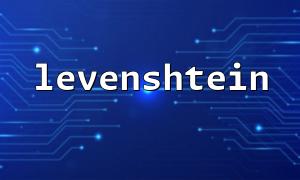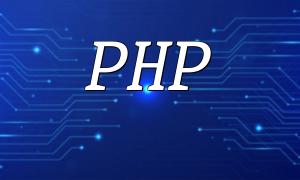PHP is an open-source scripting language widely used for web development. Although it was originally designed for quickly generating HTML, its ease of learning and highly flexible features have made it one of the most important tools for web developers.
Since its release in 2015, PHP7 has attracted more developers due to significant performance improvements and new features. In PHP7, both the core and performance improvements make it more stable and reliable compared to earlier versions.
PHP7 introduces type declarations, which allow developers to specify data types for function parameters and return values. Compared to earlier versions, type declarations help reduce errors and significantly improve code readability and maintainability. Here’s an example of type declarations:
In the example above, the `add` method uses type declarations to enforce that both `$a` and `$b` are of type `int`, and the return type is also `int`.
Exception handling is a mechanism used to catch errors or exceptional conditions during program execution. In PHP7, exceptions can be handled using the `try-catch` structure. Here's an example of exception handling:
In the code above, attempting to open a non-existent file will throw an `Exception`. The `catch` block allows us to capture the exception and display an error message.
PHP7 uses the Zend Engine as its core engine. The Zend Engine is an interpreter responsible for parsing PHP code into instructions that the computer can execute. Its main functions include:
PHP7 introduces OPcache, an internal caching module that caches the intermediate code (opcode) of PHP scripts, significantly improving code execution efficiency. Below is an example of how to use OPcache:
Starting from PHP7.4, PHP supports the JIT (Just In Time) compiler. The JIT compiler dynamically generates native machine code during runtime, which boosts execution performance. Here’s an example of enabling the JIT compiler:
This article has provided an in-depth look at PHP7’s low-level development principles, covering important topics like language features, exception handling, OPcache, JIT compiler, and more. By understanding PHP7’s execution mechanisms, developers can write more efficient and reliable code, ensuring better stability and performance in the PHP7 environment.










